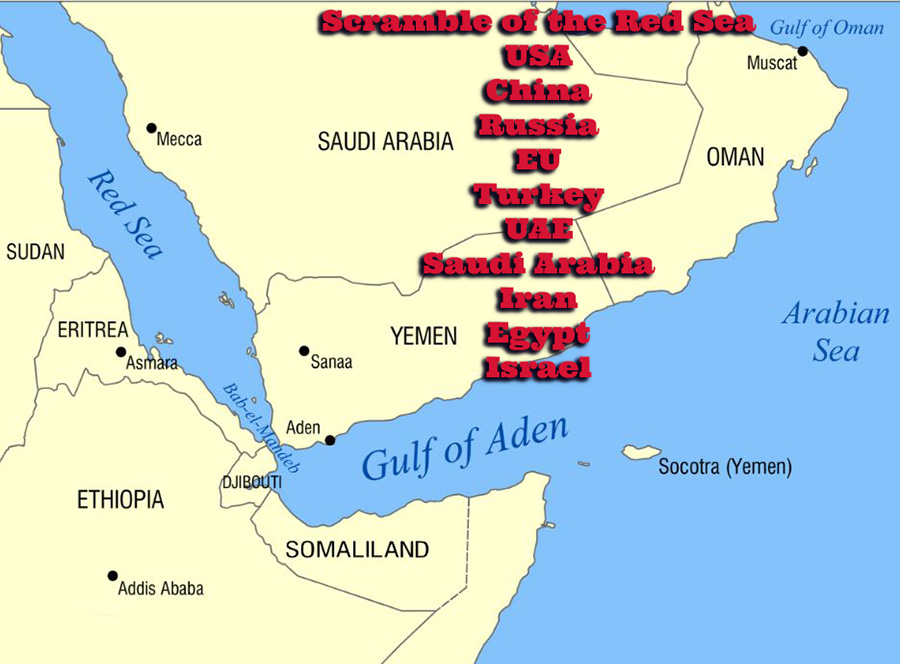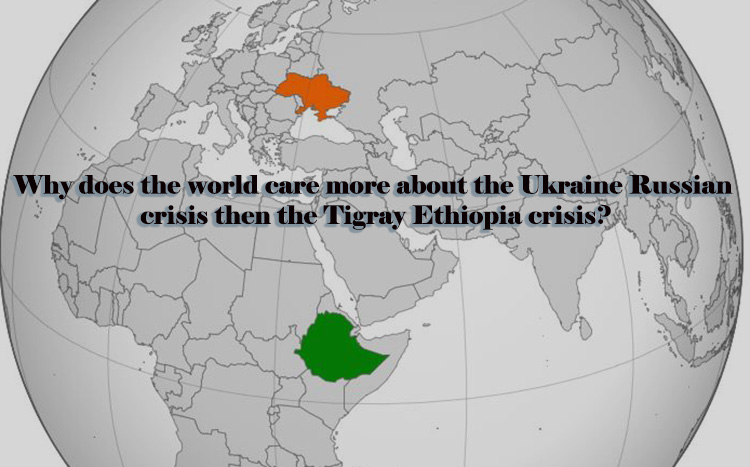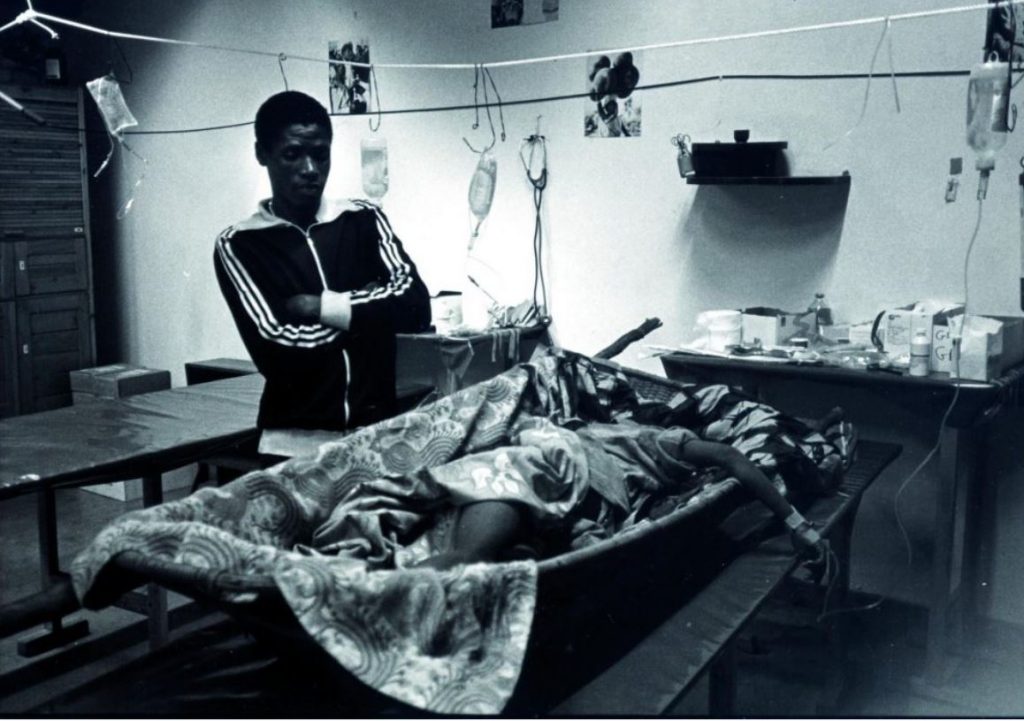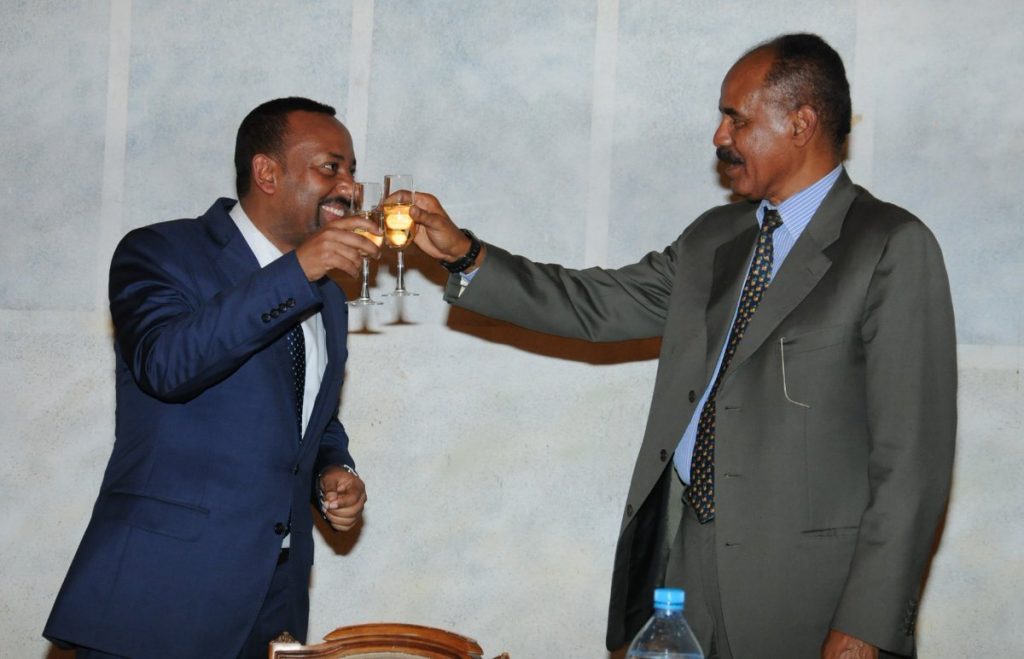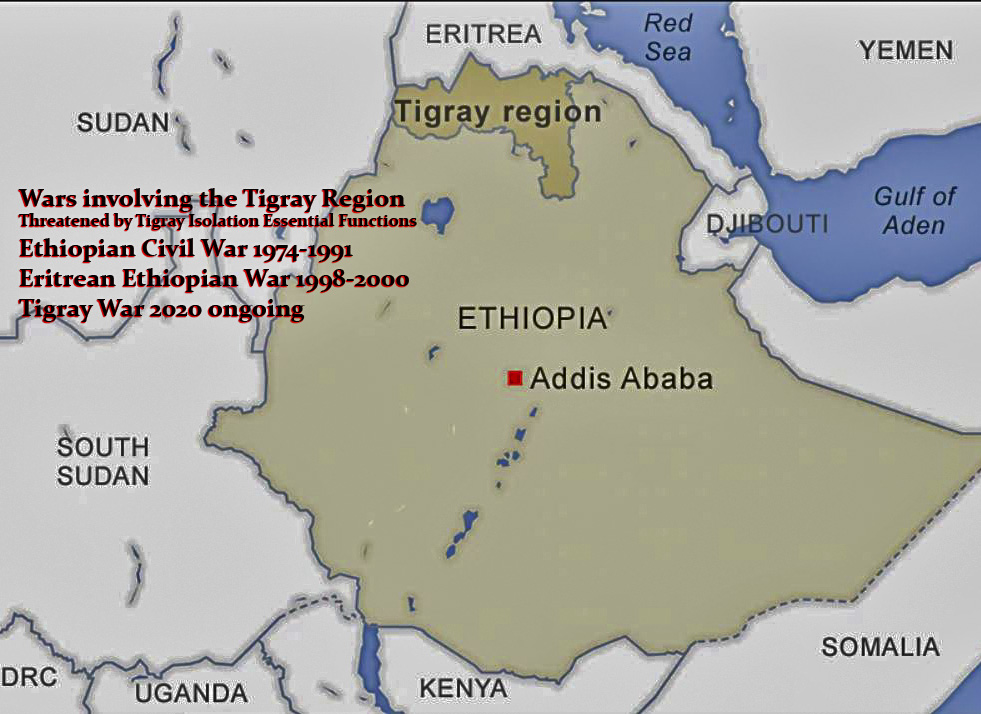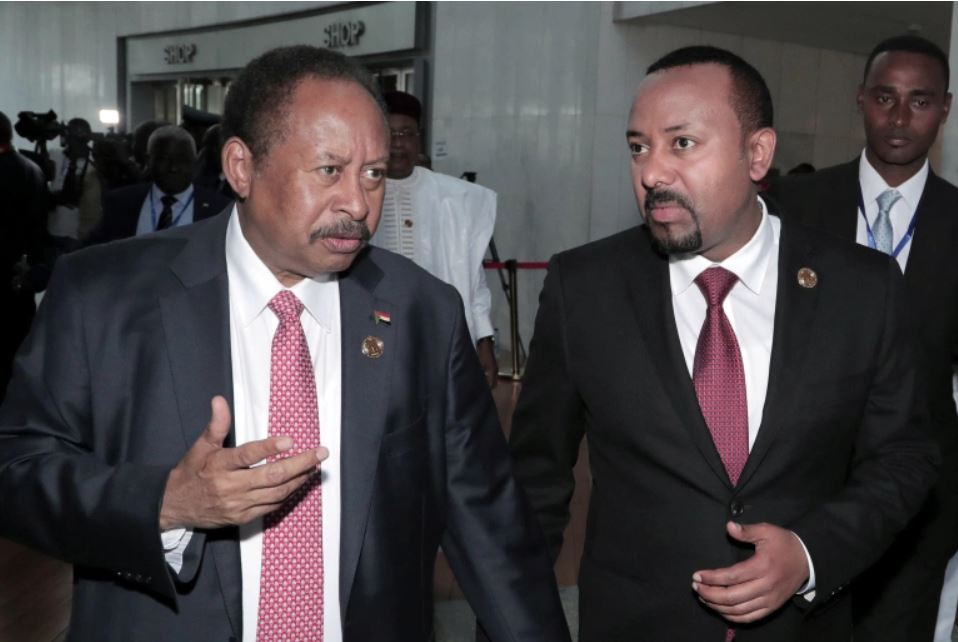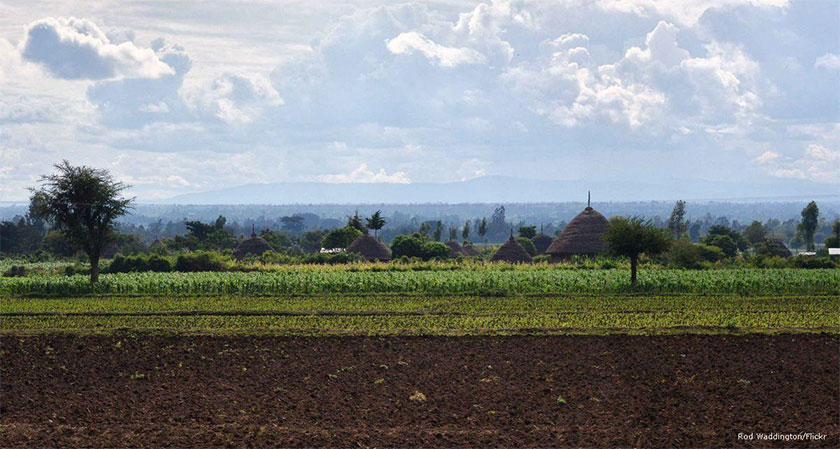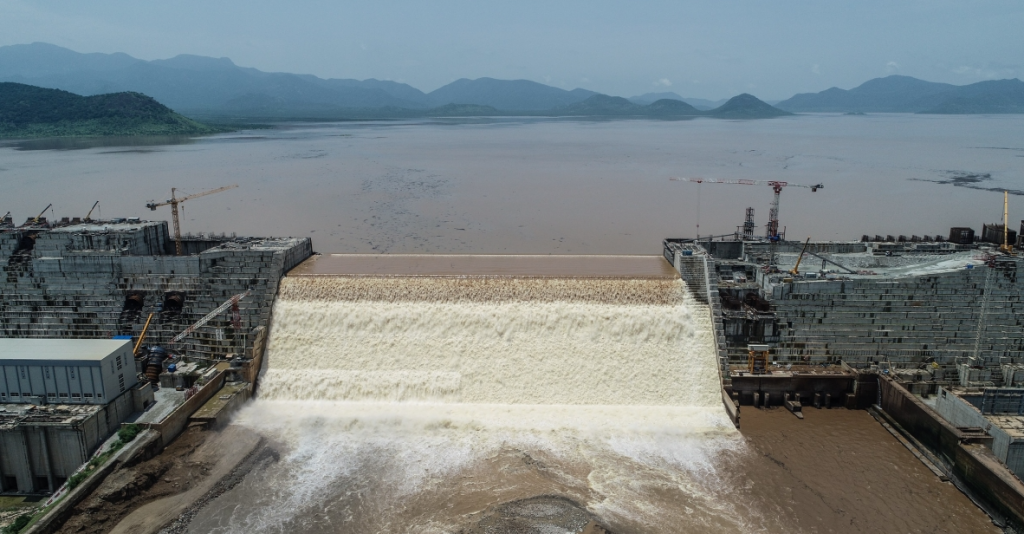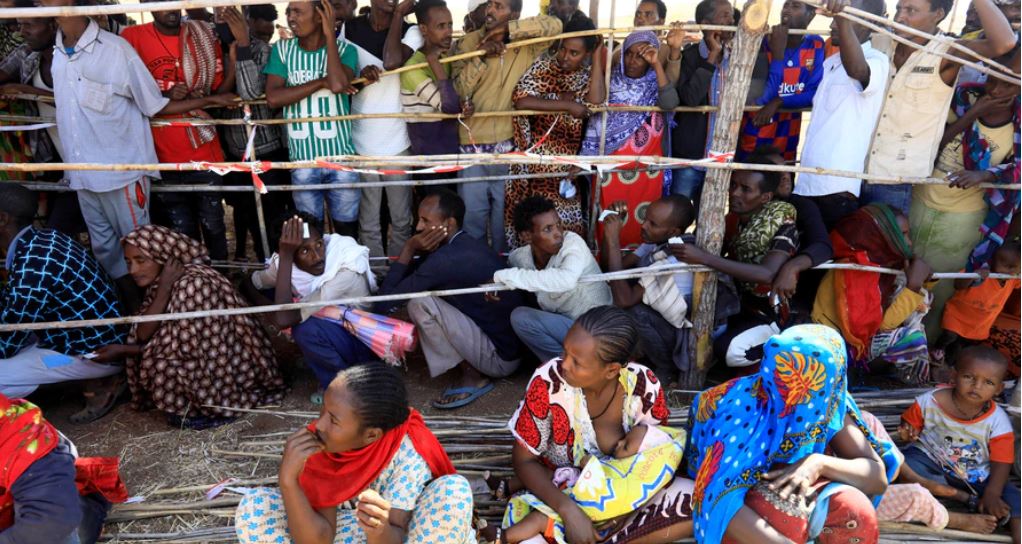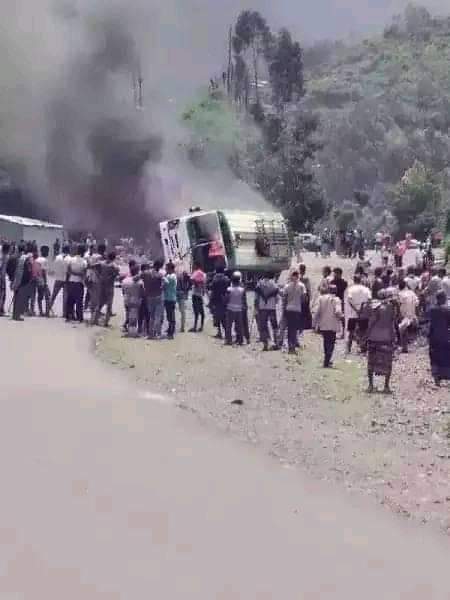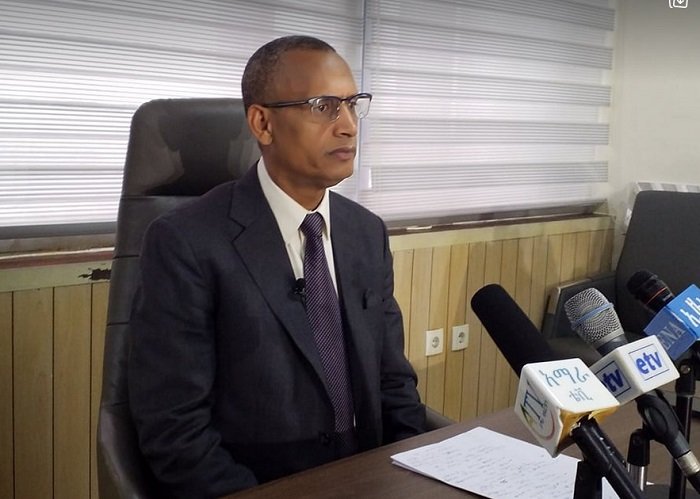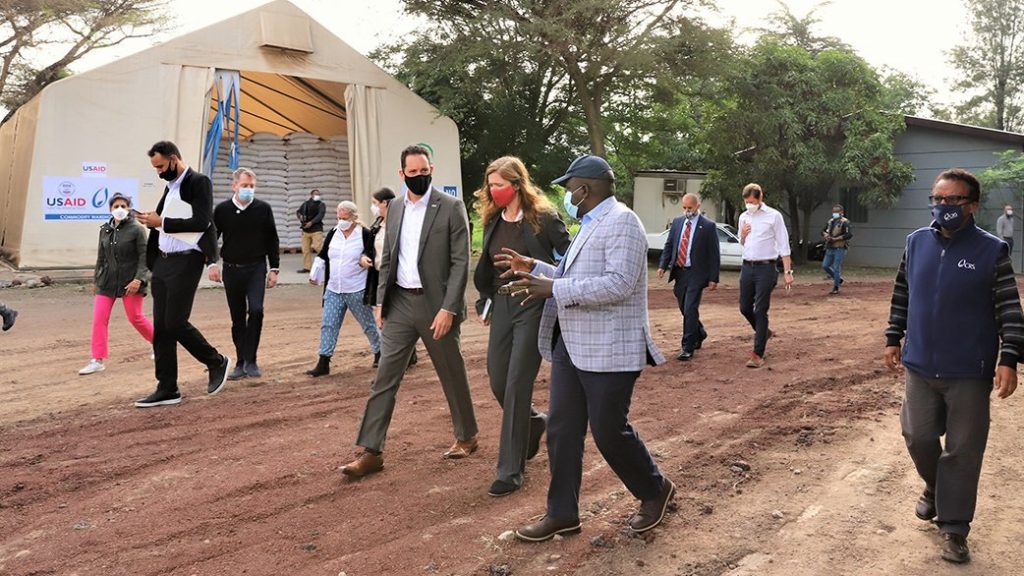
The war on Tigray by Ethiopia and Eritrea cannot be justified. The human, moral, material, and financial costs out way any benefit of a futile attempt at Ethiopian dominance. The Ethiopian leadership would be wise to review the advice of Jesus in the Gospel of Luke 14 where Jesus tells the story of how a wise king should consider the cost of negotiation for peace versus war. Ethiopia must see the time for peace is now. The Tigray fight just to survive and prevent more horrible suffering seen during occupation and Ethiopia’s desire to establish dominance has yielded a high cost of human suffering. There can be no peace without absolute security of the people of Tigray to be free to self determine their future and have the means to defend that right. In this world history has shown that human rights violations eventually come to light. Ethiopian contrition and renewal to real democratic reform will hasten it’s return to respectability.
Ethiopia’s reputation has plummeted to that paralleling North Korea and Eritrea resulting in economic sanctions from Western democracies. Turning alliance to China and Russia who base their foreign policy on favorable transactions to themselves which usually involves exploitation is shaky because they also see a region in turmoil with withering economic potential and stability. One cannot see how any Ethiopian can imagine that the alliance with Eritrea has benefited them. For who in Ethiopia is life now better then it was in 2018 when Abiy Ahmed came to power.?
The Tigray, Ethiopian-Eritrean conflict since November 2020 has come at great cost of Ethiopia, Tigray, and even Eritrea. Prior to the war the Ethiopian economy was growing with a stabilizing currency. There were dreams of becoming a middle class country within a generation. Yet today the economy has shrunken significantly with international lenders severely cutting loans. The total government debt exceeds $60 billion and rising due to inflation and weapons purchases. Meanwhile millions are displaced by war, drought, and insufficient food production. More so of course in Tigray but still growing throughout the whole of Ethiopia.
Eritrea faces more sanctions and isolation. The false veil of friendly support for Amhara expansion has been removed revealing a dark ambition to control the whole of the Horn of Africa.
The concept of creating textile and clothing manufacturing in Ethiopia by international companies has likely been dealt a permanent blow because a reassessment has revealed that the greater stability of Western Africa combined with the high cotton production there may make relocation favorable.
Tigray has seen more than 500,000 people die from war, lack of health care, lack of food, power, and transportation. Infant and maternal mortality are sky rocketing. Even in Ethiopia health expenditures have plummeted from a high of $23 per capita to perhaps less than $10 per capita. The high cost of necessary imports such as medical supplies versus the falling birr has reduced the quality of life and life expectancy for all but the minority of elites.
If Ethiopia wants to regain the reputation of respect and once again pursue a higher standard of living for its people peace is the only war forward. It is the only path to righteousness.


